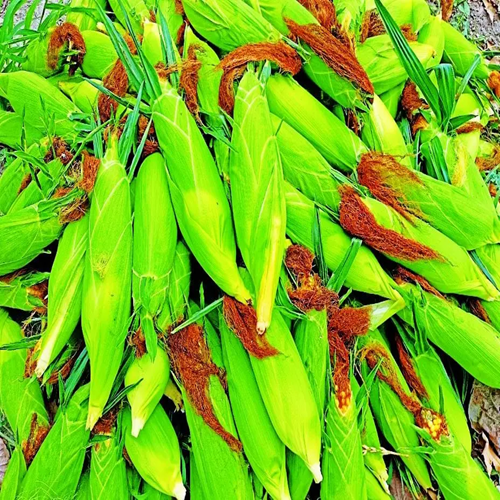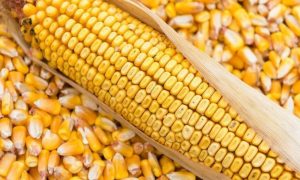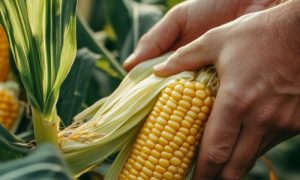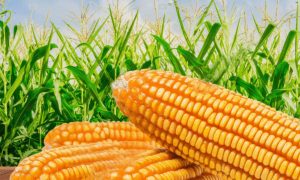China Focus: Chinese scientists discover genetic secret of iron-rich maize

BEIJING, Dec. 8 (Xinhua) — Chinese scientists have discovered a key gene that regulates the loading of iron into maize kernels, providing a scientific basis for cultivating iron-enriched maize varieties and potentially helping to address iron deficiency anemia.
By utilizing the discovery, scientists can cultivate maize with the iron content in the kernels greatly increased to 70.5 mg per kg, which is more than twice the iron content in common maize varieties.
The study was conducted by a joint research team from the Institute of Crop Sciences of the Chinese Academy of Agricultural Sciences and the Henan Agricultural University, and published online in the latest issue of the academic journal Science.
About one-third of the global population is affected by anemia caused by iron deficiency. Survey data shows that the prevalence of anemia among Chinese residents is 20.1 percent, with half of them suffering from iron deficient anemia, said Li Wenxue, a leading scientist on the research team.
“Although taking iron supplements could be a solution, the cost is relatively high,” Li said. “If the iron content of daily edible crops can be increased, it will help fundamentally improve the iron nutritional status of a large number of people at a low cost, which is particularly significant for developing countries that rely on maize as their staple food.”
However, the iron content in maize kernels is generally negatively correlated with yield, which greatly limits the cultivation of new maize varieties that are both high-yield and iron rich, he said.
The process of iron loading into maize kernels has always been an unresolved issue, so the new discovery is valuable in identifying genetic resources that could enhance iron concentrations in maize kernels without reducing yield, said Li.
The research team analyzed more than 200 maize data samples for the study. “We conducted a genome-wide association study and identified a gene, ZmNAC78, that regulates iron concentrations in maize kernels,” said Yan Pengshuai, the first author of the research article.
Furthermore, the researchers cultivated maize varieties with both high yields and high iron concentrations in their kernels by using a molecular marker. The results indicate that ZmNAC78 is a key gene for iron nutrition in maize and has no negative impact on yield, providing a feasible method for cultivating new high-yield maize varieties that are iron rich in the future.
The study also provides new insights into understanding the process of nutrient loading into cereal crops such as wheat, scientists say.
Source Link: https://english.news.cn/20231208/96a5cf1b4aba4e589539790b4b637f83/c.html
















